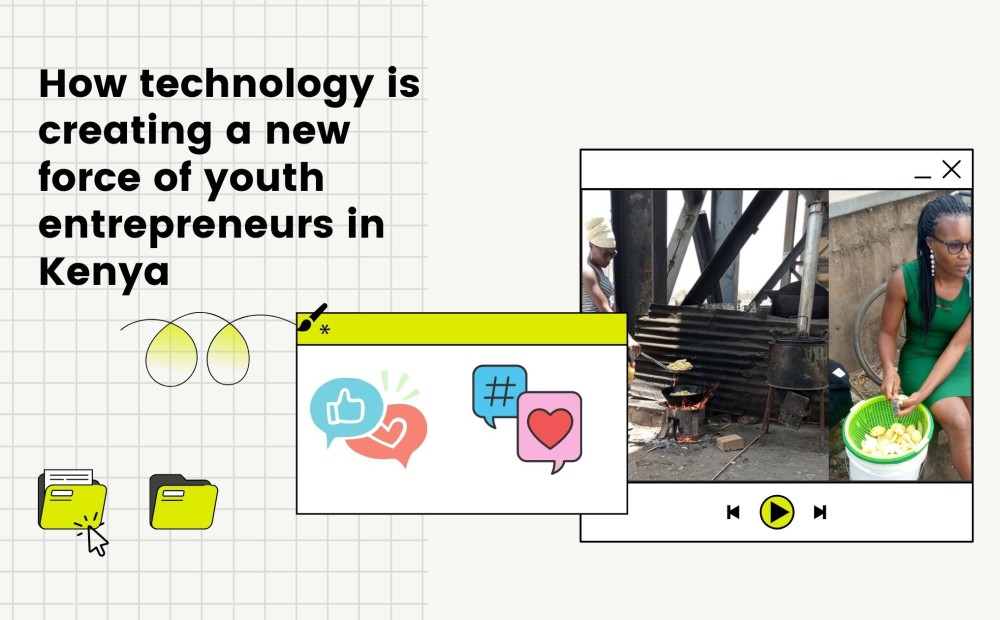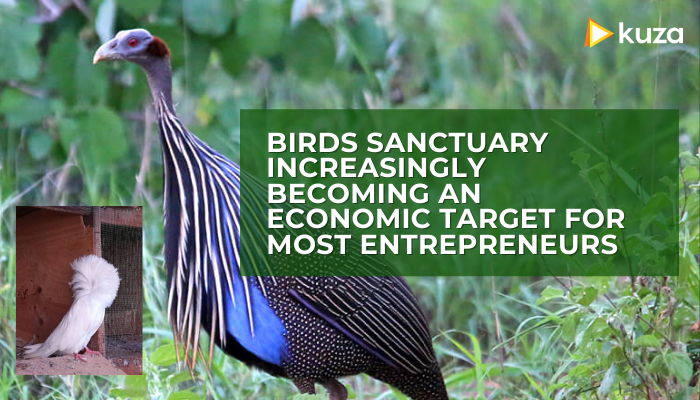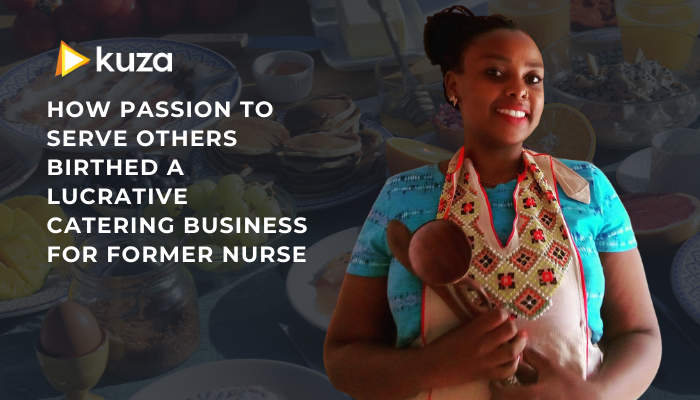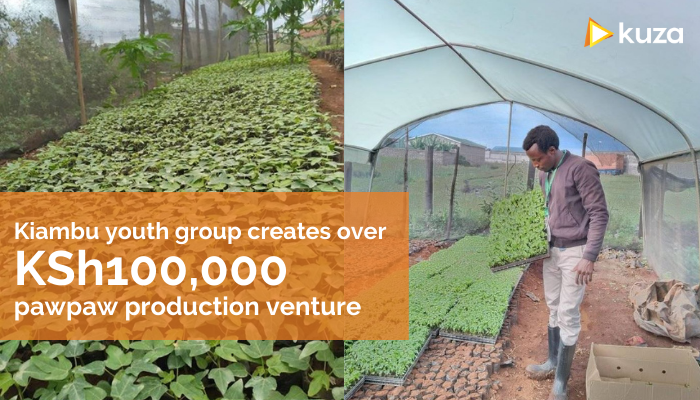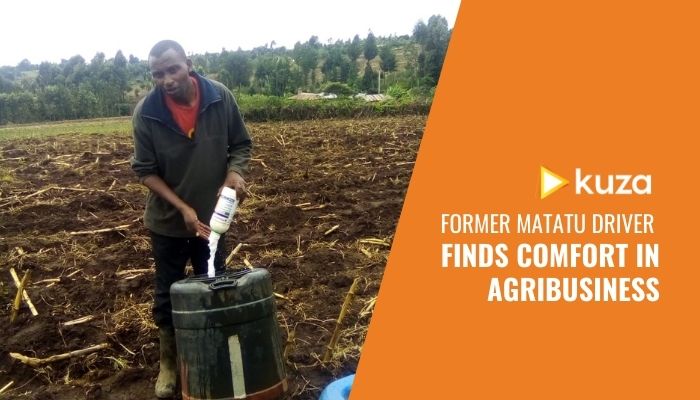Unemployment has been one of the main problems of Kenyan youth for many years. Add this to the dire effects of COVID-19 to the country’s economy worsening the situation for job seekers as many companies have been downsizing their workforce to stay afloat.
However, there seem to be a crop of resilient youth trying to find their way into business to enable them earn something thanks to the new technology that enables them use internet to market and connect with their customers.
This is creating a large number of youth-run businesses mushrooming in different sectors and disrupting current modes of business, bringing in new opportunities, and creating more employment.
Some of these business lines include fashion, cosmetics, entertainment, clothing and food distribution among others.
Due to high cost of operations and renting spaces, the businesses start from home then expand with time by leveraging on the power of online platforms such as Instagram, Facebook, Tiktok, WhatsApp and Twitter and such.
Take, for instance, Bevalyne Kwamboka, a chips vendor in Kware, Embakasi South whose story has become viral just because of a tweet of her fries business which gain much traction among online users. The roadside chips vendor is now poised to some better future in her business after some well-wishers came through to give her a push to enable her improve her stock, tools and equipment, and get a good operation base. If all go well for Kwamboka, customers will increase translating to more demand, increased production, and good income that can bring the need for other services alongside and more employees. That is how powerful the internet can be.
2NU Boutique which was started at home after the owner noticed that many started inquiring about her style of dressing then soon found her self selling clothes. She then started travelling and bringing selected pieces for sale. Now, she is designing and creating her own brand which receives orders from as far as the United States and Europe. Today, many of Kenya’s glitterati are her clients.
Nywele Creative owner started by experimenting various brands in shops and when she could no find a perfect match, decided to start her own small company that sell hair extensions such as weaves and wigs made out of real human hair.To make the business move, she had from time to time promoted it on both mainstream and social media having started off as an online business, on Facebook in 2012. By 2015 demand had grown so much that the company had five physical locations at Green House, Garden City, Westlands, Two Rivers and The Hub in Nairobi.Today, the company delivers products across Nairobi and outside of Kenya, with Tanzania and South Africa being its major markets.
There are number of companies, working with restaurants taking advantage of working-class people in Nairobi who are too tired to cook to organise home delivery. The list is long, however, many of them do not get the recognition they deserve.
Most of these companies are riding the Internet revolution and using Instagram, Facebook, Tiktok, WhatsApp and the phone to market and reach their customers.

